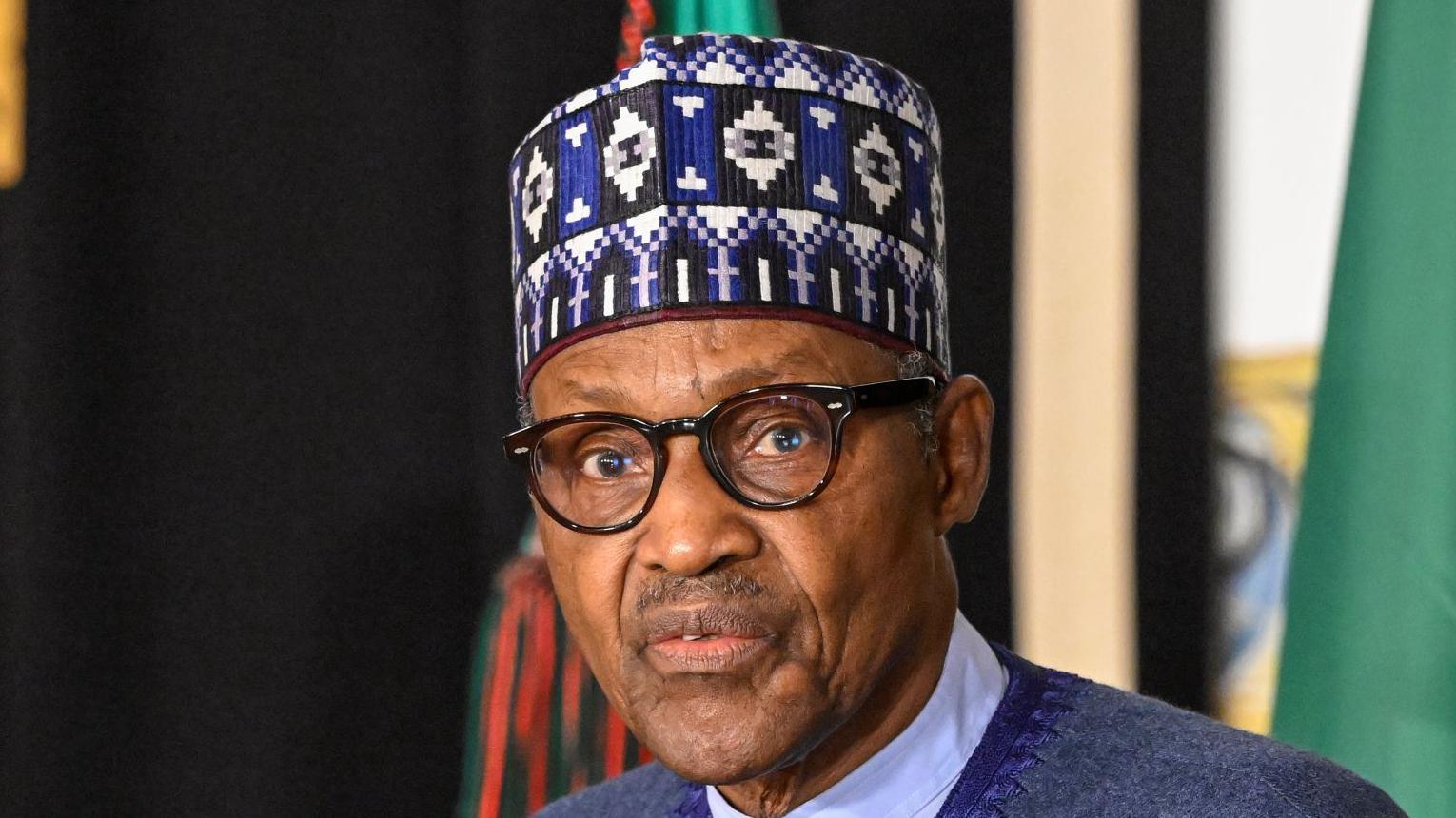Former Nigerian Leader Muhammadu Buhari Dies at 82

A Legacy of Leadership and Controversy
Muhammadu Buhari, the former president of Nigeria, passed away at the age of 82 in a London clinic. His career was marked by a complex blend of military leadership, political reinvention, and public service. Known for his disciplined approach and personal integrity, Buhari's journey from a military officer to a democratic leader is one of the most intriguing stories in Nigerian politics.
Early Life and Military Career
Born in December 1942 in Daura, Katsina state, Buhari grew up in a region that would later become a focal point of national and regional conflict. His early life was shaped by both his Fulani father and Kanuri mother, with whom he lived after his father’s death when he was just four years old. Buhari attended primary school in Daura before moving to a boarding school in Katsina, where he developed a strict sense of discipline. This environment, along with his subsequent military training in the UK, significantly influenced his character and leadership style.
Buhari joined the Nigerian Army shortly after the country gained independence in 1960. His rise through the ranks was steady, and by the mid-1970s, he had become a key figure in the government, serving as a federal commissioner for petroleum and natural resources under President Olusegun Obasanjo. However, it was during the 1983 coup that Buhari became the military ruler of Nigeria, a position he held for 20 months. His tenure was characterized by a campaign against corruption and indiscipline, which earned him both praise and criticism.
The Fight Against Corruption
Buhari's anti-corruption efforts were extensive, involving the arrest of hundreds of officials and businessmen. While some viewed these actions as necessary to restore order, others saw them as repressive measures that stifled freedom of expression. Journalists were jailed, and even prominent figures like musician Fela Kuti were imprisoned on dubious charges. Despite these controversies, Buhari maintained a reputation for personal honesty, which set him apart from many of his contemporaries.
His policies also had economic repercussions. The ban on rice imports, aimed at boosting local agriculture, led to severe shortages and skyrocketing prices. This decision, reminiscent of his earlier policies as a military leader, caused widespread hardship and eroded support among his base.
Democratic Rebirth and Political Challenges
After being ousted in 1985, Buhari eventually transitioned into civilian politics, embracing the idea of multiparty democracy. In 2015, he made history by becoming the first opposition candidate to defeat an incumbent president, marking a significant shift in Nigerian political dynamics. His re-election in 2019 solidified his status as a leader who could challenge the traditional power structures.
However, Buhari's presidency was not without challenges. Economic downturns, coupled with rising insecurity, tested his leadership. The threat posed by Boko Haram and the escalating violence between farmers and Fulani herders highlighted the complexities of governance in a diverse nation. Additionally, allegations of human rights abuses by security forces, including the Lekki tollgate incident in 2020, raised concerns about the administration's handling of internal conflicts.
Public Perception and Nicknames
Nigerians often referred to Buhari with affectionate nicknames, reflecting both admiration and critique. One such nickname, "Baba go slow," stemmed from his delayed cabinet appointments in 2015. Buhari humorously attributed this to the inefficiencies of the system rather than his own pace. His leadership style, while respected for its integrity, sometimes clashed with the expectations of a fast-paced modern society.
The 2023 presidential election further showcased the complexities of Nigerian politics. Buhari's ambiguous stance on his successor, coupled with the controversial naira swap policy, created uncertainty among voters. The policy, intended to reduce the influence of money in elections, ultimately led to widespread dissatisfaction due to cash shortages.
Personal Life and Legacy
Buhari's personal life was marked by two marriages and ten children. His wife, Aisha Halilu, survives him, as do his children. Throughout his career, Buhari remained a symbol of resilience and dedication, even as he faced health challenges that affected his ability to govern effectively.
In summary, Muhammadu Buhari's legacy is one of transformation and complexity. From a military leader to a democrat, his journey reflects the evolving nature of Nigerian politics. While his efforts to combat corruption and promote transparency were commendable, the challenges he faced underscored the difficulties of leading a nation in transition. His story remains a significant chapter in the history of Africa's largest economy.
Post a Comment for "Former Nigerian Leader Muhammadu Buhari Dies at 82"
Post a Comment